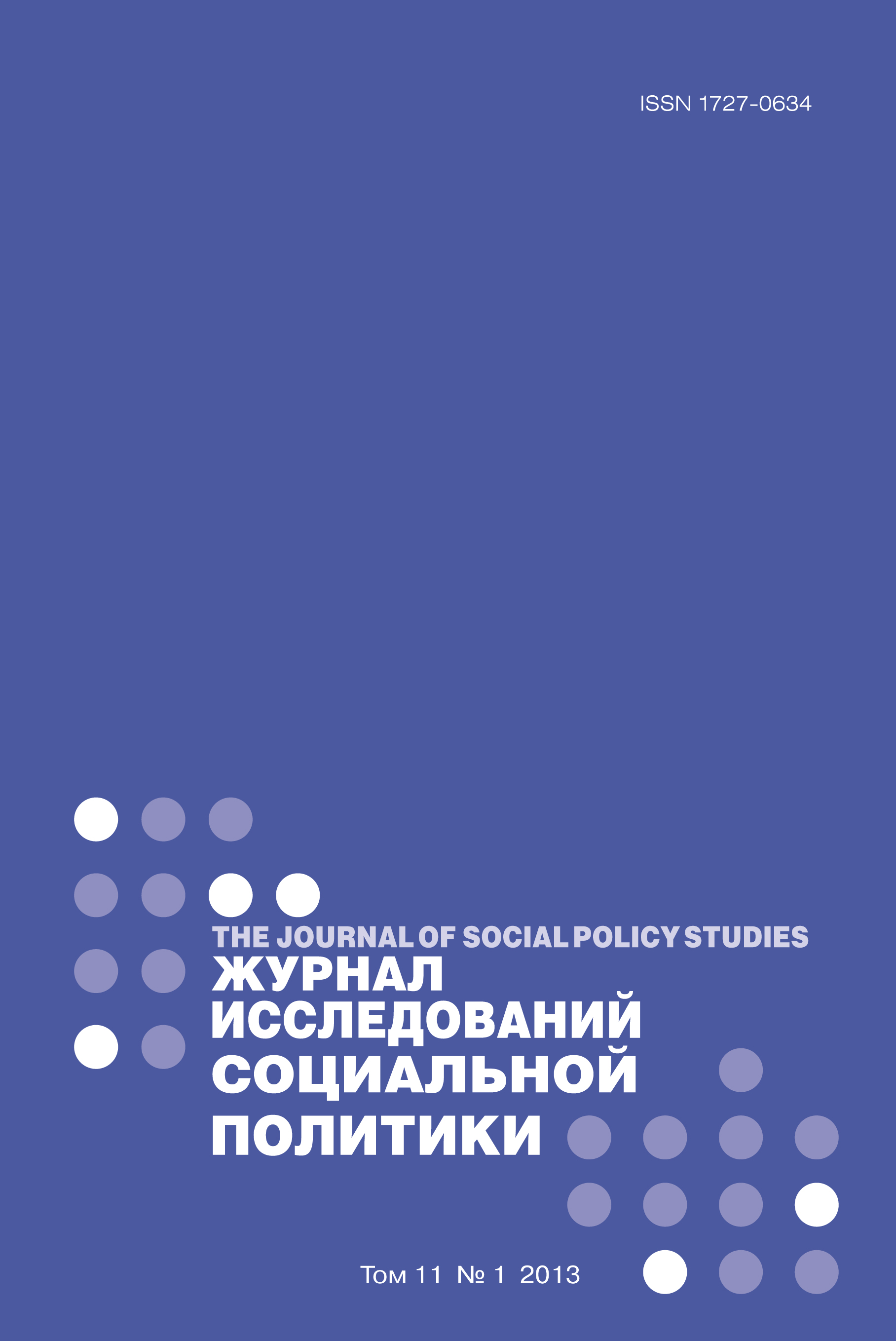Gynecologists’ Advices on Contraception and Pregnancy Planning in the Context of Contemporary Biopolitcs in Russia
Abstract
The demographic crisis facing the Russian Federation has led to calls from many sides to measures to increase the birth rate, even to raise the average child number in Russian families to three. This issue is well-trodden ground but this article takes a special focus on views of health care specialists in contraception, in particular the advice regarding contraception given by gynaecologists to their patients. The ultimate goal of gynaecologists as professional experts is to encourage women toward the use of modern contraception methods and aim for the ideal goal of planned pregnancies. This article focuses on the institutional control that exists in the reproductive practises of women. In this approach, the work of Foucault in building the concept of institutional control and ‘disciplining’ the body is used as a basis. After an overview of how the medicalization of contraception has developed in the context of modern Russia, the author analyses these practices the context of the ‘biopolitical’ goals of the Russian state to achieve improved growth of the population and a rise in the birth rate in Russia. The work is based on the results of 15 interviews with gynaecologists in various towns in the Russian Federation. In this context, professional practices and discourses of gynaecologists are revealed to be inconsistent. Institutional priorities within municipal women's clinics are directed, in the main, to pregnant women, with less attention provided for consultation on contraception and other issues. ‘Family planning’ is redefined as a medically supervised planned pregnancy, overviewed by both the doctors and the women involved. However, institutional constraints and state biopolitical priorities hamper the efforts of medical professionals and limit their range of decision making in areas such as abortion and contraception advice. This reproduces unwanted patterns of ineffective prevention, unplanned pregnancies and unplanned births. While gynaecologists reaffirm the line that improving the education and understanding of women’s responsibilities in questions relating to birth is at the heart of their work, a range of barriers remain to the improved functioning of their profession.















